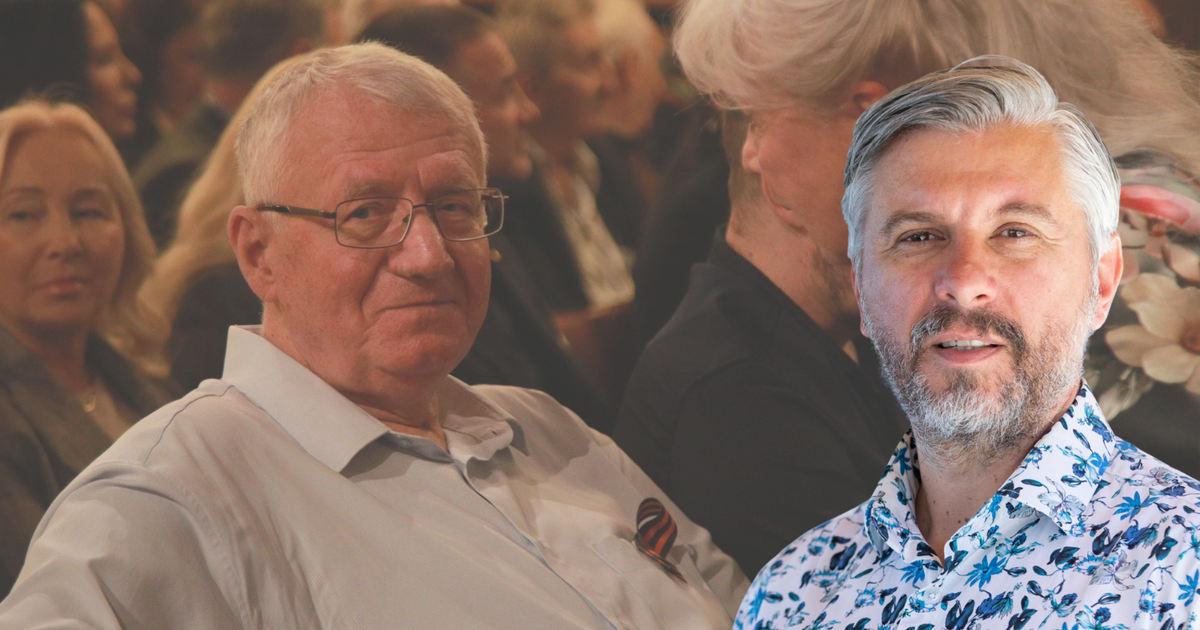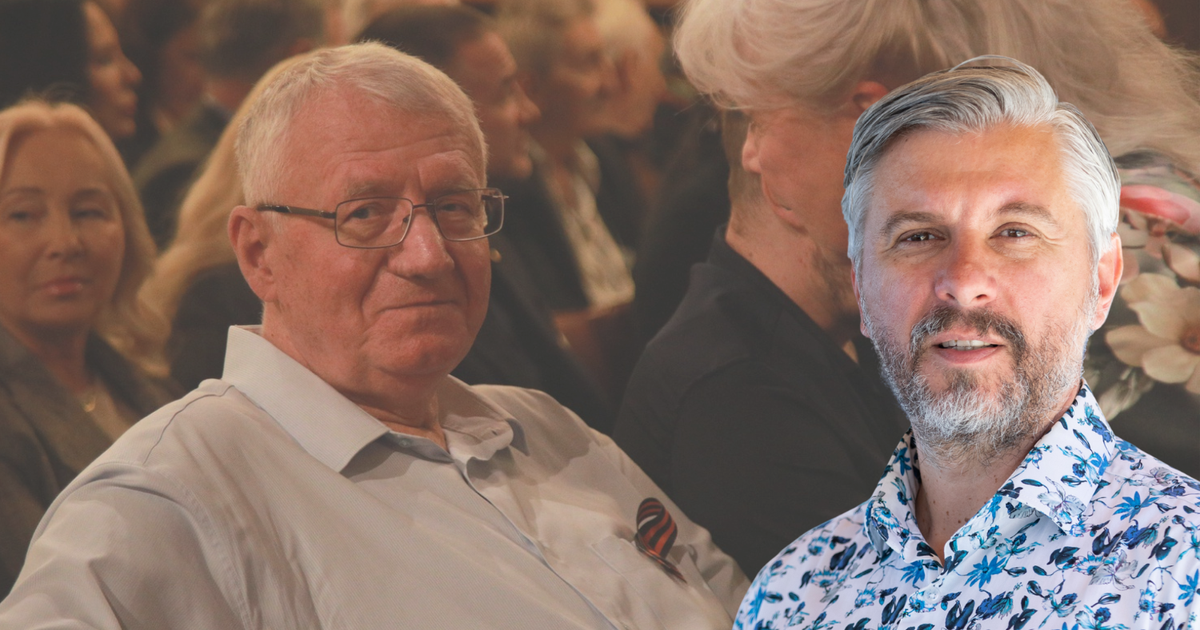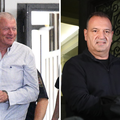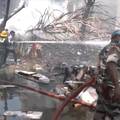War Criminals, Genocide Denial, and Vučić’s Politics: Serbian Society in a Vicious Circle
Welcome to Serbia’s version of a hellish time loop! While the world marks 30 years since the Srebrenica genocide, Serbia keeps playing the same old game: relativization, denial, and glorification of war criminals. Yes, you read that right. War criminal Vojislav Šešelj, convicted by the Hague Tribunal, remains a favorite guest on Serbia’s regime media. His threats and hate speech haven’t disappeared — they’ve just been repackaged with a political gloss.
Šešelj and Vučić: Two Sides of the Same Coin
Vojislav Šešelj, infamous for his war crimes and Hague conviction, and Aleksandar Vučić, Serbia’s president, may not be in the same party, but they share the same stance on the events of the 1990s. While students protest for months against Vučić’s autocratic regime, Šešelj announces a “celebration” of 30 years of “liberation” of Srebrenica — a euphemism for the entry of General Ratko Mladić, convicted of genocide, into the town. Vučić, meanwhile, manipulates and lies, accusing students of wanting to label the entire Serbian nation as genocidal, an absurd and insulting claim.
The Srebrenica Genocide: A Court-Proven Fact, But Not in Serbia
The genocide in Srebrenica, where over 8,000 Bosniak men and boys were killed, has been legally established by the International Criminal Tribunal for the former Yugoslavia. Yet, in Serbia, this fact is still denied or relativized. Serbia’s National Assembly Speaker Ana Brnabić openly claims that what happened in Srebrenica was not genocide but a “horrific war crime” — as if that changes the essence of the horrific crime.
Why Is Facing the Past So Hard?
It’s hard to face your own mistakes, especially when they are collective and horrific. But it’s even harder when political leaders and media push people into denial and oblivion. Serbia is trapped in a vicious circle: glorifying war criminals, denying genocide, and manipulating truth serve as tools to maintain power and nationalist politics.
The International Community and Regional Actors
Former Montenegrin President Milo Đukanović warns that ignoring justice and international law carries a real risk of repeating the tragedies of the 1990s. The memorial center in Potočari receives new genocide victims every year, with over 6,000 buried so far. However, political will in the region remains lacking when it comes to justice and reconciliation.
What’s Next?
While Serbia continues to play the game of denial and relativization, the world watches and remembers. Will Serbian society ever have the courage to face its past? Or will it keep hiding behind lies and myths?
If you thought this was just another boring political story, think again. This is a story about how truth can be distorted, how crimes can be justified, and how generations can be trapped in lies. And you? Which side are you on?
Feel free to drop your thoughts or just throw in a sarcastic comment — because in this drama, we’re all actors and audience at the same time.












